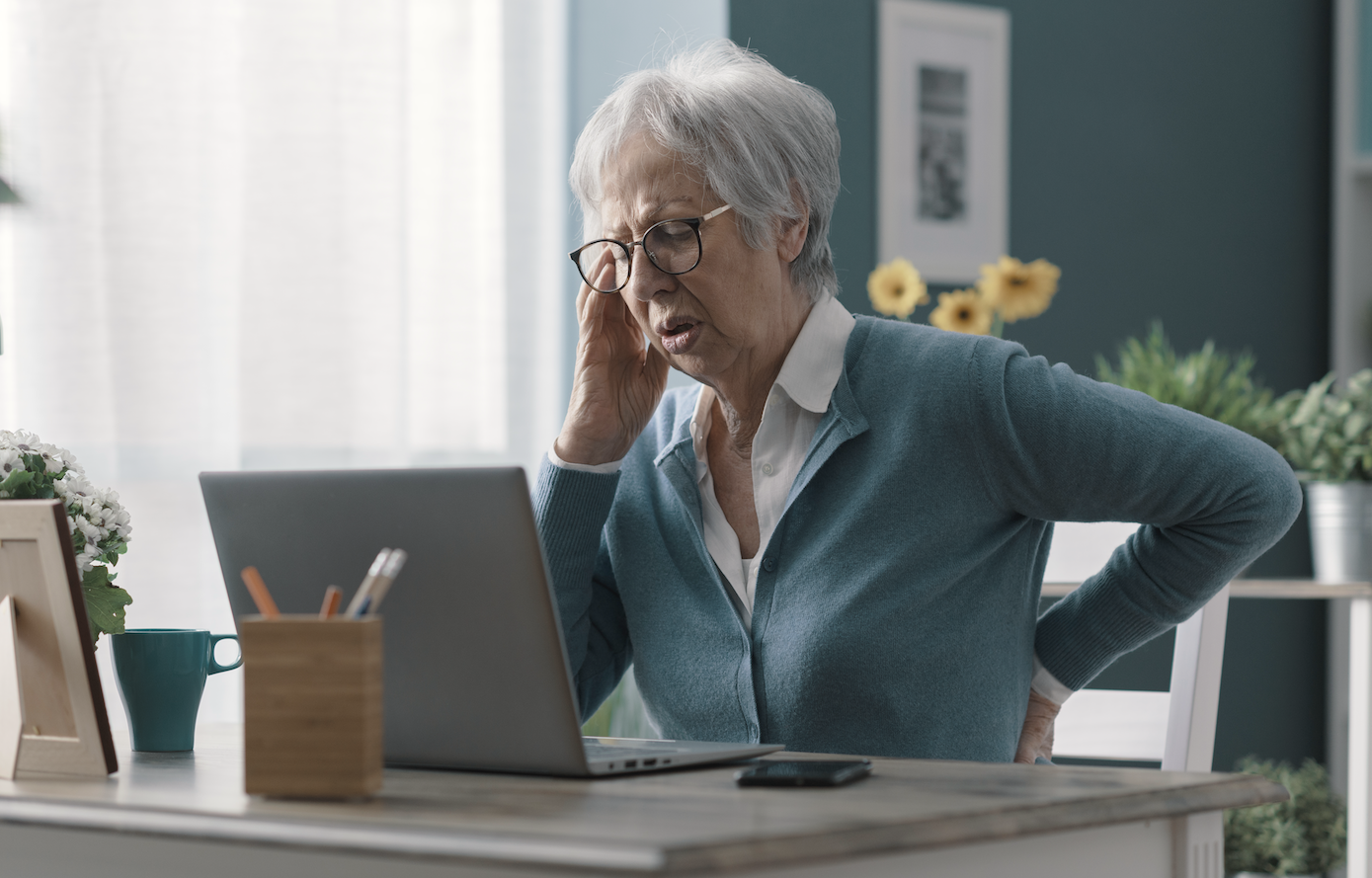Aging is a natural process that occurs in all living organisms, including humans. While the aging process is different for everyone, there are certain changes that occur in the body as we age. In this blog post, we’ll explore the aging process in humans and discuss the physical and psychological changes that occur as we get older.
Physical Changes
As we age, our bodies undergo a number of physical changes. These changes can vary from person to person, but some common physical changes include:
- Decline in muscle mass and strength: As we age, our muscles naturally start to lose mass and strength. This can lead to a decrease in physical function and an increased risk of falls and injuries. To maintain muscle mass and strength, it’s important to engage in regular physical activity and strength training.
- Changes in skin: As we age, our skin becomes thinner and less elastic, which can lead to wrinkles and age spots. The skin also becomes less able to repair itself after an injury or sun exposure. To maintain healthy skin, it’s important to use sunscreen, avoid smoking, and avoid excessive sun exposure.
- Decline in bone density: As we age, our bones naturally start to lose density, which can increase the risk of osteoporosis and fractures. To maintain bone density, it’s important to engage in weight-bearing physical activity and to consume an adequate amount of calcium and vitamin D.
- Changes in the immune system: The immune system naturally declines with age, which can make older adults more susceptible to infections and illnesses. To maintain a healthy immune system, it’s important to practice good hygiene, get enough sleep, and eat a healthy diet.
Psychological Changes
As we age, we also experience a number of psychological changes. These changes can vary from person to person, but some common psychological changes include:
- Changes in cognition: As we age, our cognitive abilities may decline, including memory, processing speed, and decision-making skills. While these changes are normal, they can be frustrating and may lead to feelings of anxiety or sadness. To maintain cognitive function, it’s important to engage in activities that challenge the brain, such as puzzles and games, and to practice good self-care, such as getting enough sleep and managing stress.
- Changes in emotional regulation: As we age, we may experience changes in our emotional regulation, including an increased tendency to feel anxious or depressed. To maintain emotional well-being, it’s important to practice good self-care, such as getting enough sleep, exercising regularly, and seeking support when needed.
- Changes in social connections: As we age, our social connections may change, including the loss of loved ones and changes in our relationships with friends and family. To maintain strong social connections, it’s important to make an effort to connect with others, engage in activities that bring joy and purpose, and seek support when needed.
Conclusion
The aging process is different for everyone, but there are certain physical and psychological changes that tend to occur as we get older. By being aware of these changes and taking steps to maintain physical and mental health, it’s possible to age gracefully and live a fulfilling life.

